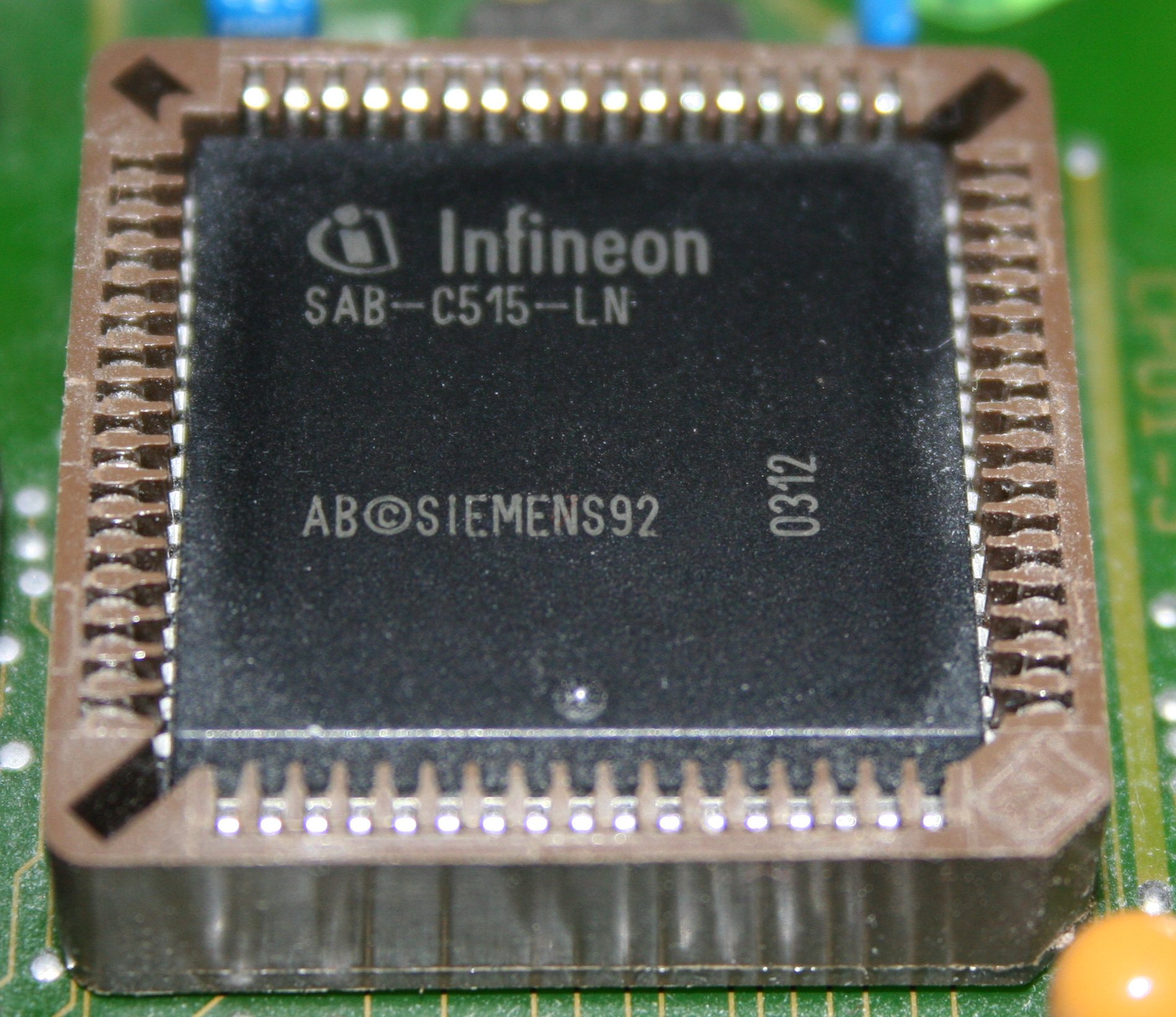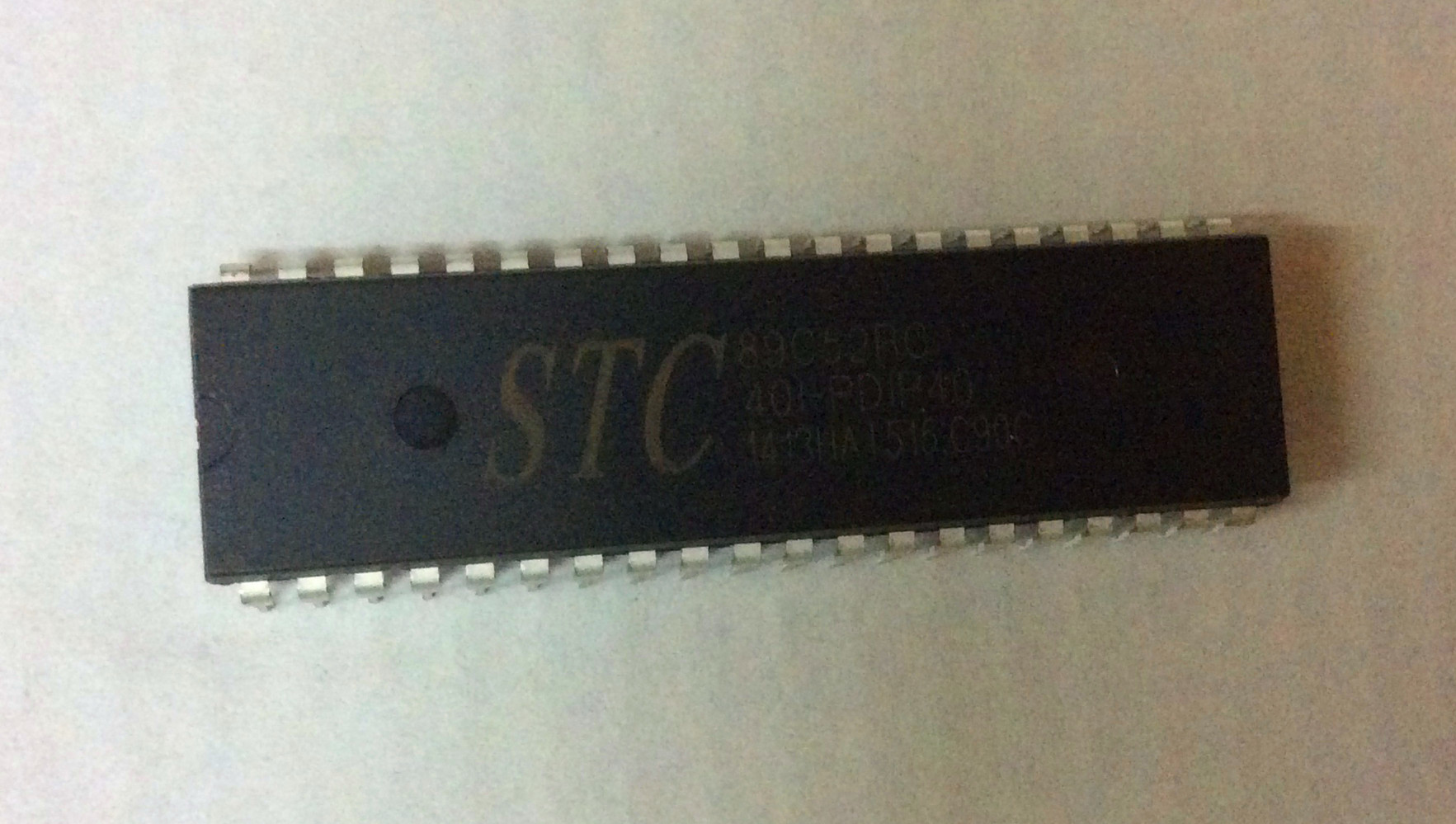Intel 8051 (Microcontroller)
Enlarge text Shrink textThe Intel MCS-51 (commonly termed 8051) is a single-chip microcontroller (MCU) series developed by Intel in 1980 for use in embedded systems. The architect of the Intel MCS-51 instruction set was John H. Wharton. Intel's original versions were popular in the 1980s and early 1990s, and enhanced binary compatible derivatives remain popular today. It is a complex instruction set computer with separate memory spaces for program instructions and data. Intel's original MCS-51 family was developed using N-type metal–oxide–semiconductor (NMOS) technology, like its predecessor Intel MCS-48, but later versions, identified by a letter C in their name (e.g., 80C51) use complementary metal–oxide–semiconductor (CMOS) technology and consume less power than their NMOS predecessors. This made them more suitable for battery-powered devices. The family was continued in 1996 with the enhanced 8-bit MCS-151 and the 8/16/32-bit MCS-251 family of binary compatible microcontrollers. While Intel no longer manufactures the MCS-51, MCS-151 and MCS-251 family, enhanced binary compatible derivatives made by numerous vendors remain popular today. Some derivatives integrate a digital signal processor (DSP) or a floating-point unit (coprocessor, FPU). Beyond these physical devices, several companies also offer MCS-51 derivatives as IP cores for use in field-programmable gate array (FPGA) or application-specific integrated circuit (ASIC) designs.
Read more on Wikipedia >
 Topic
Topic











